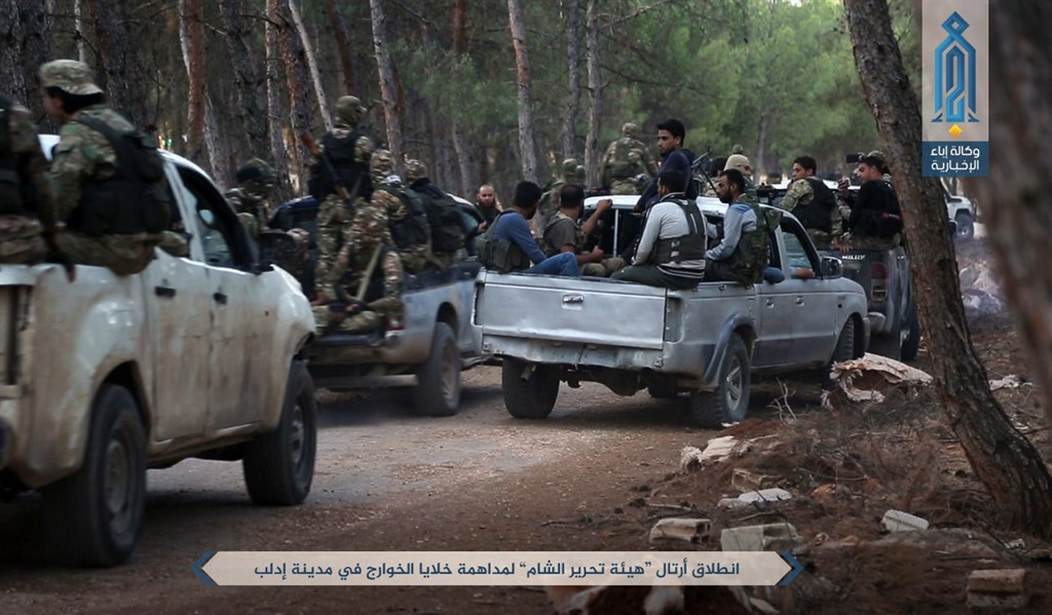As the Afghanistan debacle continues to unfold, it is becoming increasingly clear that President Joe Biden is not up to the task when it comes to handling large-scale operations like withdrawing troops from the region and evacuating U.S. personnel and Afghan allies. This administration’s handling of the matter betrays a distinct weakness on the part of the president that could have dangerous ramifications for the United States and the western world in the future.
After suicide bombers affiliated with ISIS-K carried out a terrorist attack near the Kabul airport, killing over 100 people including 13 America soldiers, the world waited to see how the U.S. would respond. President Biden vowed retaliation against those responsible:
To those who carried out this attack, as well as anyone who wishes America harm, know this: We will not forgive. We will not forget. We will hunt you down and make you pay.
The world got its answer on Friday, when the U.S. launched a drone strike that killed one individual believed to be aligned with ISIS-K.
That’s it.
One terrorist paid for an attack that killed 13 American service members and 90 Afghans waiting to be transported out of Afghanistan.
As RedState’s Streiff pointed out:
This exercise fails on at least two counts. Following up an attack that was an international story that took out 33 of your troops with an out-of-the-way attack that maybe killed one person does not say, “don’t do this again.” Rather it is a signal that you are weak, and it is open season on your people with no bag limit and no size restrictions.
It is this weakness Streiff points out that could prove dangerous for the U.S. going forward. Leading up to the withdrawal from Afghanistan, indications suggested that radical Islamic terrorist groups like al-Qaeda and the Islamic State are attempting to make a comeback.
Earlier this month, the Department of Homeland Security (DHS) issued a warning about al-Qaeda and other groups possibly launching terrorist attacks in western nations in the leadup to the anniversary of the 9/11 attacks. The report explained that al-Qaeda began resuming publishing of its magazine after a four-year hiatus to inspire individuals in the United States to wage jihad. It also noted:
The reopening of institutions, including schools, as well as several dates of religious significance over the next few months, could also provide increased targets of opportunity for violence though there are currently no credible or imminent threats identified to these locations.
If these organizations were already attempting to make a resurgence before the fiasco in Afghanistan, how much more likely are they to put forth a concerted effort now that they have seen with their own eyes that the U.S. has a president that will not bother to respond harshly to fatal attacks against our soldiers?
Al-Qaeda and, to a greater extent, ISIS has been using the internet to radicalize operatives residing in the West. It is the reason why the U.S. has experienced lone wolf attacks carried out by individuals who were exposed to radical content online and elsewhere. Just last year, a Saudi national who had been in contact with al-Qaeda carried out a mass shooting at the air force base in Pensacola, Florida.
While much of the threat of radical Islamic terrorism comes from the radicalization of individuals already living in the U.S., the possibility that these groups could enter the country through our porous southern border is also an issue. A senior official working with Customs and Border Protection told the Washington Examiner that they “are increasingly on alert for foreigners on the terror watch list,” because of the chaos in Afghanistan.
In an email to the Examiner, the official wrote:
If I was a bad person that wanted to do harm to the U.S., I know now is the time to illegally enter the border. You have sectors and stations that cannot fully man their areas of operation and people are getting through.
DHS has assigned specific individuals who routinely review intelligence and track people on the terror watch list who are apprehended while attempting to enter the country. Border Patrol agent Ronald Vitiello told the Examiner:
With the current chaos on our [southwest border], we must be concerned that too many agents are tasked with addressing large groups and bringing them into processing/book-in mission and meeting their humanitarian needs versus patrolling and interdicting.
Moreover, after the United States is no longer involved in Afghanistan, the Taliban will be holding sway over the region. Indeed, the terrorist group has already cemented its position as the ruling authority. The group has promised it would not resume its role as a haven for al-Qaeda, but it has still maintained its ties with the group. With a weak commander-in-chief in the White House, it is possible that they might return to pre-9/11 business as usual.
The threat of these organizations might be dire enough – but if these people know they can carry out terrorist attacks with impunity, they will certainly take the opportunity. If this milquetoast “counterattack” against ISIS-K is any indication, the Biden administration has no intention of making these organizations afraid to cross the U.S. Hopefully this does not come back to haunt us later.












